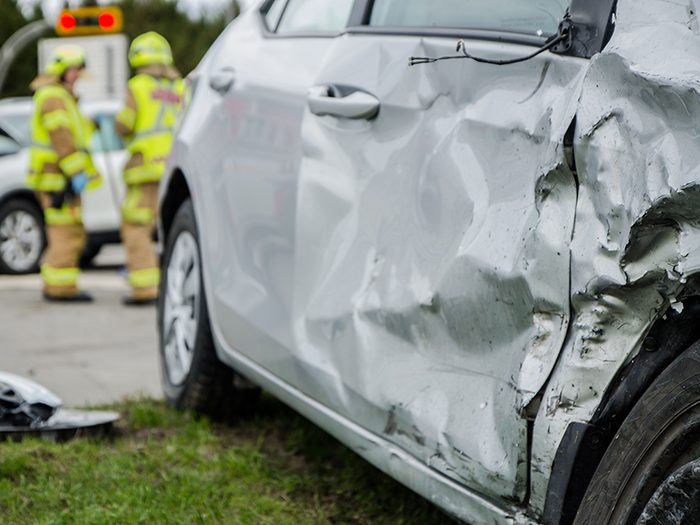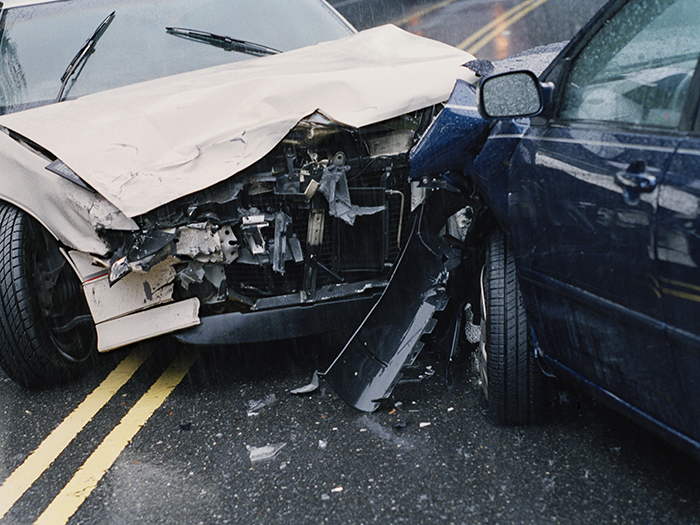You Be the Judge: Is Owner Entitled to Comp for Personal Vehicle Accident?

Vino’s Kitchen Renovation was a manufacturer of custom kitchen cabinets for residential and commercial customers. The company consisted of the owner and two other employees.
The owner’s business required him to travel to meet customers and visit construction sites. He owned a Porsche, registered in his own name. He used the Porsche for work travel and personal travel. He said that he purchased the Porsche to impress wealthy customers.
On the day of the accident, the owner drove to his shop and then to a construction site. He started to drive back to the shop when he noticed a red warning light on the dashboard of his car.
He believed that a qualified technician should examine the car immediately. He drove to work, dropped off some drawings, and then drove to an auto dealership in another town.
An employee of the dealership told him to leave the vehicle, and the man rented a replacement so that he could attend customer appointments later that day. He then departed to return to work, but was involved in an accident with a tractor-trailer on the way.
The worker filed a workers’ compensation claim, asserting that he was permanently injured and that he could no longer operate his business. The judge of compensation denied the claim, finding that the worker was not in the course of his employment at the time of the injury.
The worker appealed.
Did the judge of compensation properly deny benefits to the worker?
A. No. As the owner of the company, the worker directed himself to take the Porsche to the dealership for servicing.
B. Yes. The worker was on a personal errand when the accident occurred.
C. No. The accident was a neutral risk.
How the Court Ruled
A is incorrect. In cases involving an employee assigned to work at locations away from the employer’s place of employment, the worker is eligible for benefits if he was performing his prescribed job duties at the time of the injury.
The court found that the judge of compensation properly rejected the worker’s argument that he had the sole discretion as employer to decide whether he was directly engaged in his prescribed job duties at the time of the accident. The court found that he was engaged in a “purely personal endeavor” when he took the car to the dealership.
C is incorrect. The court explained that the worker’s injuries were not the result of a neutral risk because they were not sustained in the course of his employment. He was injured as a result of a risk that was personal.
B is correct. In Verasawmi v. Vino’s Kitchen Renovation, LLC, No. A-2273-17T3 (N.J. Super. Ct. App. Div. 03/26/19), the New Jersey Superior Court, Appellate Division held that the worker was not entitled to benefits, as his injury did not occur in the course of employment.
The court explained that at the time of the accident, the worker was not using the replacement vehicle to travel to a construction site or for any specific work-related duty. He was on a personal errand that he would have had to undertake regardless of whether he was working for the company.
Editor’s note: This feature is not intended as instructional material or to replace legal advice.










